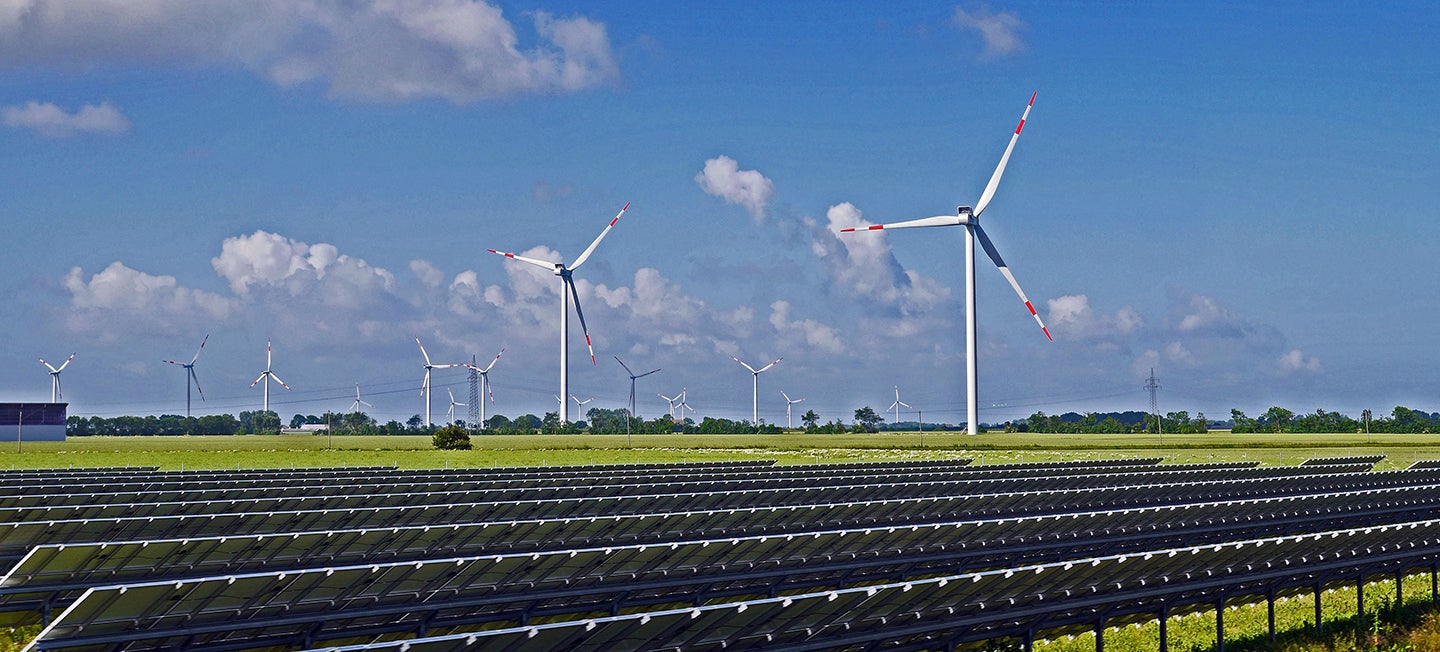Over the next two weeks, leaders from around the world will convene in Paris for the United Nations Climate Change Conference, also known as COP21. This year, there is renewed, if cautious optimism about the possibility of a binding agreement among governments to act on this critical global issue.
But there’s another side to the climate change story that’s being written not in parliaments or at diplomatic summits, but in boardrooms and corporate executive suites.
A growing number of businesses across the U.S. and across the globe aren’t waiting for governments to act, but instead are taking action themselves. And increasingly, companies are favoring action that involves renewable energy. For example:
- The Non-State Actor Zone for Climate Action (NAZCA), which registers commitments to act on climate change, has logged close to 3,000 commitments on renewable energy, more than 500 of which were made by companies.
- Among Fortune 100 companies, two-dozen (and counting) have set specific targets for renewable energy.
- More than 40 corporations have already pledged to use 100 percent renewable power by signing the RE100 pledge, and additional pledges are likely to be announced soon.
Why are businesses committing to renewables? When I talk to companies, it’s pretty clear their motivations are not about being “green.” In fact, their reasons are much more practical than sexy.
Businesses care about cost, and in an increasing number of regions, renewable energy costs the same or less than traditional alternatives.
Businesses care about risk, and diversifying their energy supply provides a hedge against market volatility in fuel markets.
Businesses care about their customers, and a majority of consumers around the globe are seeking out products and services that are sustainable.
So how can business leaders ensure this quiet revolution doesn’t fizzle? By having a strategy that can turn a renewable energy commitment into megawatts of renewable power.
For companies whose core business lies outside of the energy sector, the highly regulated, highly complex world of renewable energy can seem like a quagmire. Any strategy for navigating it should address a few key factors.
First, businesses need to know their internal politics. Just because the CEO has announced a renewable energy goal doesn’t mean other essential departments (such as finance, procurement, legal, and government affairs) will automatically support the mechanisms necessary for meeting it. Businesses need to think about different audiences and needs within their organization and translate how renewable energy can be a win-win proposition across departments and for the business as a whole.
Second, businesses need to understand the policy landscape. Whether existing regulation allows power purchase agreements, direct access, net metering, or green tariffs—or perhaps none of the above—means different risks and opportunities. Moreover, while U.S. Federal policy tends to evolve slowly (if at all these days), states and provinces and localities can be fast and nimble when they decide an issue is a priority. And corporations will quickly learn (if they don’t know it already) that in traditionally regulated markets, the utility’s point of view may not align with corporate renewable energy objectives.
Third, businesses need to recognize that telling their story is just as important as taking action. Wide corporate interest in developing, buying, and using renewable energy may be news to a lot of policymakers and other stakeholders. And while most corporations have experience in engaging with government, they may not know the players and the politics on energy. Telling the story of why a company is committed to renewable energy can be a way to forge new relationships and allies and bring some good news to a community. And telling these stories will be critical to changing the conventional wisdom about renewable energy.
Like everyone who works in the energy sector, I’ll be watching the government talks in Paris closely. But I’ll also be keeping an eye on what companies are saying and doing—and how many are talking about renewable energy as a clean solution that also makes business sense. To address climate change and enable continued economic growth around the world, we are certainly going to need both.
This was originally posted by the American Council on Renewable Energy (ACORE).
Alisa Ferguson is a consultant and writer helping clients to accelerate clean energy deployment. She spent over a decade in Washington working on energy policy before escaping to the West Coast.
